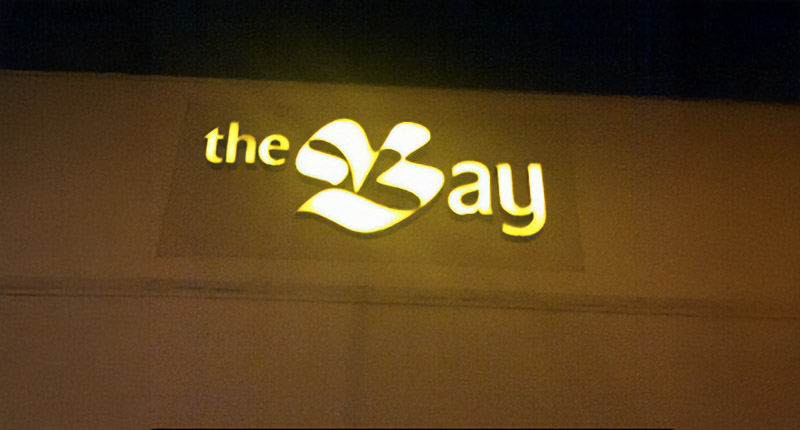Indigenous groups are cautioning against the Hudson’s Bay Company’s (HBC) intention to auction off its collection of thousands of pieces of art and artifacts, which could include items of cultural, historical and spiritual importance for First Nations in Canada.
“The HBC’s legacy is inseparable from the post-contact history of the original peoples on this land,” Assembly of Manitoba Chiefs (AMC) Grand Chief Kyra Wilson wrote in an April 22 letter to HBC, which filed for bankruptcy in March.
“These artifacts are not simply ‘valuable assets’ or one-of-a-kind collectibles, but pieces of living history, some of which may be sacred, stolen from First Nations or properly First Nations-owned.”
As part of its efforts to pay back $1 billion it owes creditors, HBC has closed down 96 stores across Canada, and plans on auctioning 1,700 pieces of art and 2,700 artifacts, as well as the 1670 Royal Charter King Charles II signed giving the HBC a monopoly on trade and commerce around the Hudson Bay watershed.
According to an April 29 report in the Financial Post, Toronto-based Urbana Corp., which owns $500 million in assets, has expressed interest in purchasing the HBC brand and Royal Charter, promising to donate the charter to a museum.
The Canadian Commission for UNESCO Memory of the World Advisory Committee has asked specifically that HBC not sell its Royal Charter.
“[The charter] is a clear example of a monarch, King Charles II, attempting to erase the political sovereignty of First Nations and Inuit and granting it instead to a private corporation,” explained Western University historian Cody Groat, who chairs the Canadian Commission.
“Because of this, the ownership and stewardship of the Hudson’s Bay Company items is highly consequential.”
Grand Chief Wilson asked that HBC refrain from selling any items that could be connected to First Nations, make the full catalogue of items to be auctioned public, commit to a First Nations-led process to review the items, and cooperate with First Nations and other impacted groups “to identify pathways for repatriation, shared stewardship, and respectful preservation.”
Lawyers for consultancy firm Alvarez & Marsal, which was court appointed to serve as the monitor for HBC paying back its creditors, have told the AMC that it will have a full catalogue of items HBC is selling, and that they are open to further discussions with AMC.
“Our Chiefs, Elders, and Knowledge Keepers have voiced concerns about the importance of reclaiming our cultural artifacts. We are optimistic that any items belonging to First Nations in Manitoba will be identified and returned to their rightful owners,” Wilson said in an April 24 news release.
She called on federal and provincial governments to co-develop legislation with First Nations that “creates a clear and enforceable process for the return of First Nations property.”
“Repatriating our cultural artifacts is about dignity, sovereignty and respect,” Wilson added.
The United Nations Declaration on the Rights of Indigenous Peoples (UNDRIP), which the federal government adopted in 2021, calls on signatories to “provide redress through effective mechanisms, which may include restitution, developed in conjunction with Indigenous peoples, with respect to their cultural, intellectual, religious and spiritual property taken without their free, prior and informed consent or in violation of their laws, traditions and customs.”
Truth and Reconciliation Commission of Canada Call to Action #92 calls on the corporate sector to adopt UNDRIP and ”apply its principles, norms, and standards to corporate policy and core operational activities involving Indigenous peoples and their lands and resources.”
In an April 23 news release, the Indigenous Council of the Canadian Museums Association (IC-CMA) noted that “there are currently no UNDRIP-aligned mechanisms to ensure Indigenous communities have the first right to reclaim cultural belongings.”
In a letter to HBC, IC-CMA asked the company “to seize this moment not merely as a procedural step in asset management, but as a powerful act of relationship-building and reconciliation — a chance to move forward in a spirit of respect, accountability, and shared future-making.”



